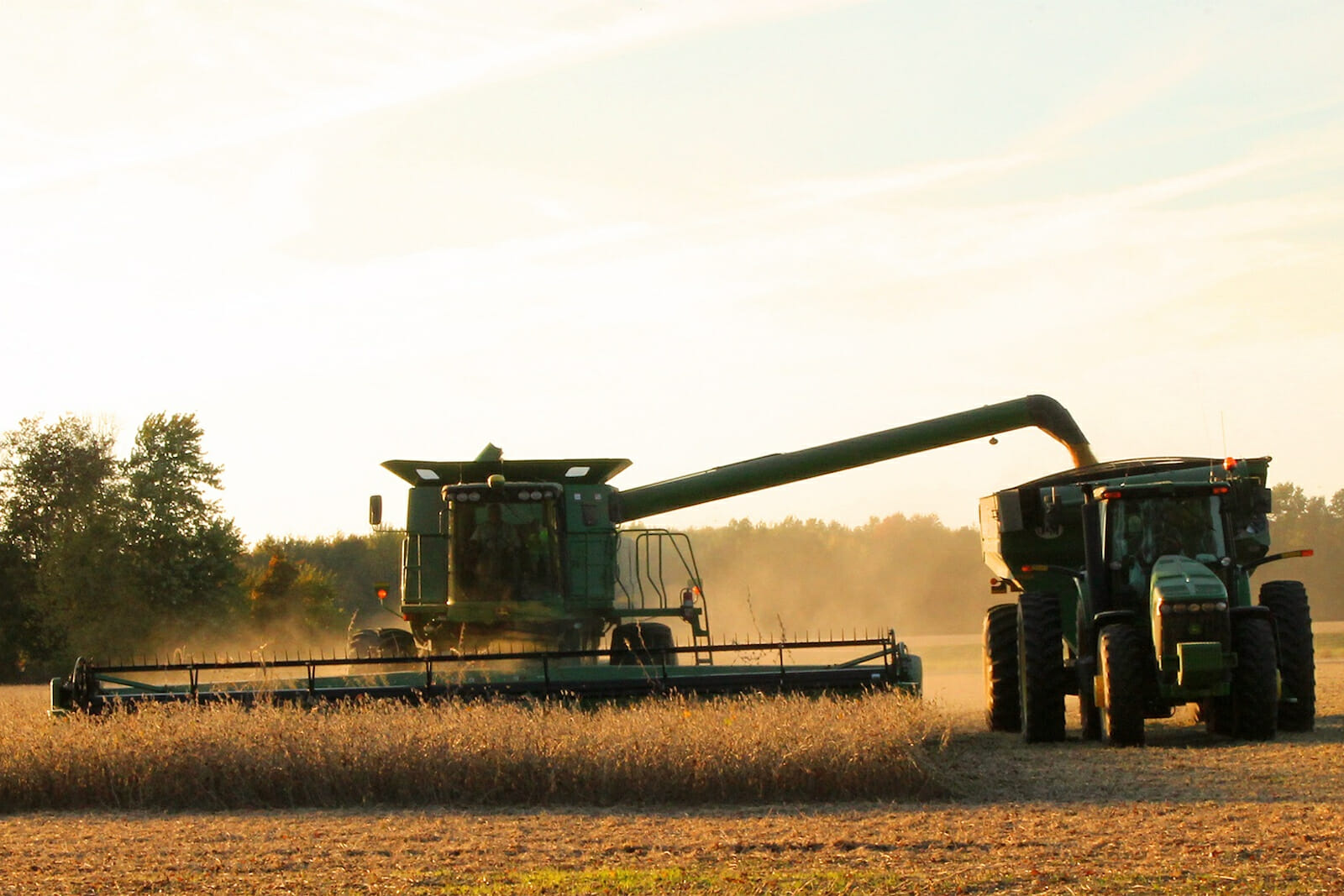
Our Post-COVID-19 Future is Already Here
Not all aspects of our near and medium-term future can be foreseen at this juncture of the COVID-19 pandemic, but we now know enough to make some hypotheses about what is likely to change, based on what has already changed. The future is sure to look very different than it did before this decade began, regardless of whether a vaccine is found.
If a vaccine is found, it is unlikely to be tested, approved, manufactured, and efficiently distributed to the world’s population of nearly 8 billion people for years. Bearing in mind that there is no vaccine for any coronavirus, what is likelier is that the world will be living with COVID-19 as a part of our ecosystem for many years to come – possibly permanently. That means that our new normal is probably already here.
Globalization was already slowing down prior to the arrival of the pandemic. Now, it is has started to reverse. Global supply chains are being redefined, consumers are changing their purchasing habits, and economic nationalism has taken a firm hold in many countries. In a world in which “me first” is the norm, domestic production of goods will take precedence over those found internationally where and when possible.
Those countries blessed with abundant natural resources will benefit greatly, as will those that are agriculturally self-sufficient. That is a relatively short list, however. For example, Australia alone produces 54% of global iron ore exports, more than 80% of the world’s soybeans are produced by just three countries (Argentina, Brazil, and the United States), and only three countries produce 42% of the world’s oil supply (Saudi Arabia, Russia, and the United States). As national budgets become more stretched to address the virus, those countries controlling the supply of such critical resources will wield greater and greater power.
This is a war, and in times of war, the rule books and conventional wisdom get thrown out the window. That certainly applies to the accumulation of public and private sector fiscal deficits, which have ballooned this year and will continue to do so for the foreseeable future. There have been, and will continue to be, many private sector casualties, some of which are hastening the death of retail, which was inevitable. But in a zero interest rate environment in which much inflation is unlikely, many governments will be able to manage the skyrocketing levels of national debt.
In the process, a new social contract is emerging between governments and their people. We should see a rise in the paternalism of the state for as long as the pandemic continues to ravage most of the world’s population. That should linger well past the formal end of the pandemic. Since it will probably take years for unemployment levels to be reduced to single digits in most countries, larger public sector debt and enhanced social programs seem inevitable. But the austerity actions imposed on so many countries following the Great Recession seems unlikely. Instead, taxes will inevitably rise significantly, leaving future generations with the bulk of the bill.
COVID-19 will supercharge the digital and gig economies. There will be a leap into a future dominated by technology that will be adopted by the majority of people in developed countries, and increasingly so in the developing world. Many of the jobs that have been or will be eliminated as a result of the pandemic will not be replaced, meaning that many who had a salaried position will earn a living as consultants working for firms without benefits in the future. “Distance working” will become a significant and permanent part of the labor landscape.
What may emerge as a result of all this are leaner, more efficient economies that rely less on brick and mortar workspaces and more on telecommuting, video conferencing, pick-up and delivery of food and other items, and streaming content. That will impact a great many things, including the fulfillment of basic needs, home life, work environments, and entertainment.
Some will benefit a lot as a result and others will suffer terribly, but what we will share in common is a transformation of our daily lives that was already in the making, but accelerated by this pandemic. Those individuals, businesses, and governments that are able to quickly adapt to this emerging reality will do well. The reverse will also be true. However, the winners and losers have already largely been pre-selected.
This article was originally posted in the South China Morning Post.

